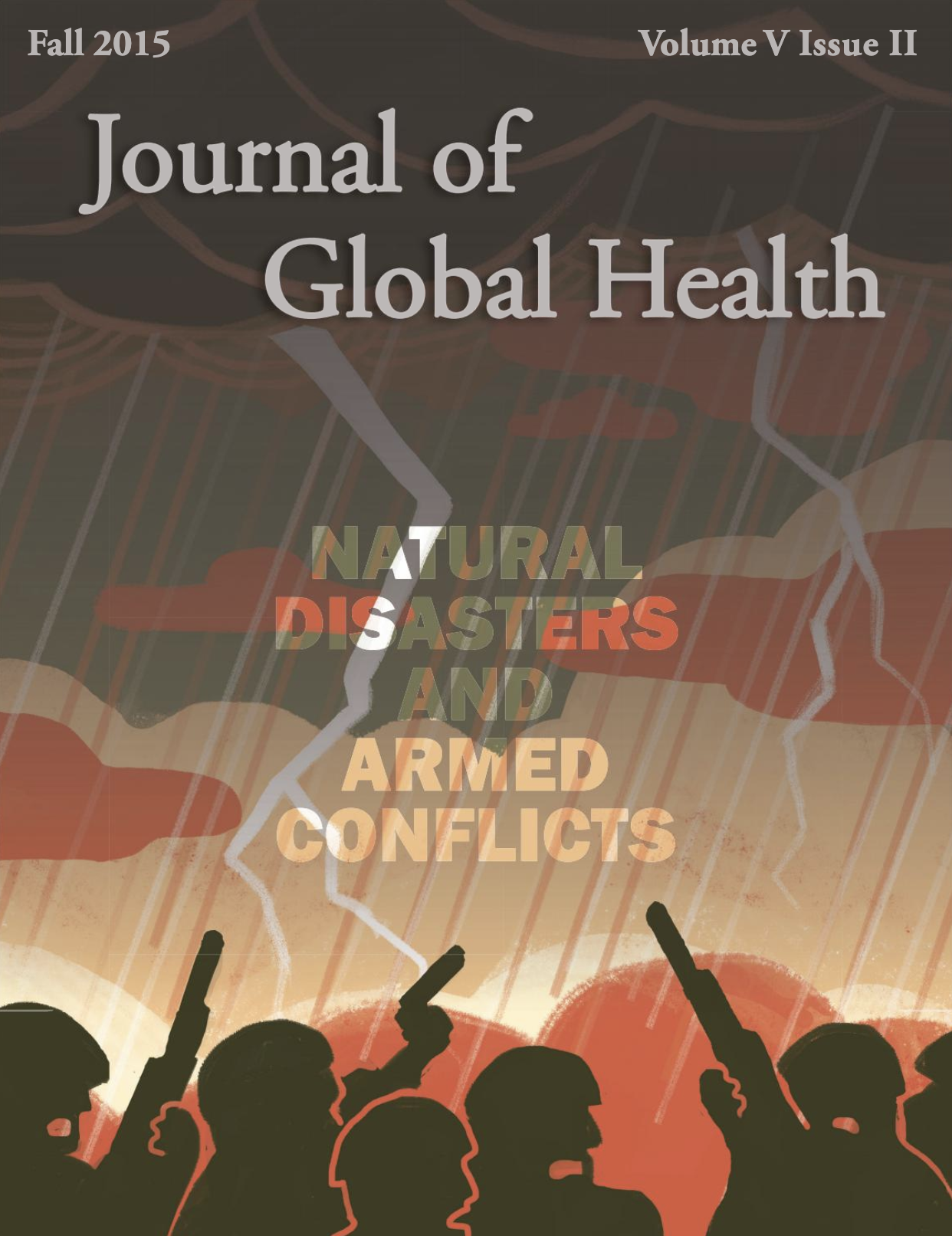Immigrant Health and the Intersection of Type 2 Diabetes and Non-Endemic Infectious Diseases in the United States
Main Article Content
Abstract
The current type 2 diabetes (T2D) pandemic is expected to afflict almost 500 million people over the next 15 years. Its global burden is well publicized, but less attention has been paid to how it interacts with other conditions, particularly infectious diseases like tuberculosis (TB). T2D is characterized by insulin insensitivity, along with chronic low-grade inflammation and subsequent immunocompromise; when comorbid with TB, T2D tends to increase symptom severity and heighten mortality rates. Recent immigrants (both documented and undocumented, especially those from Latin America) and persons of Hispanic or Latino descent in the United States are particularly vulnerable to this comorbidity due to factors such as lack of access to healthcare, poverty and acculturation, meaning the process by which immigrants adopt American behaviors. The goal of this investigation is to elucidate the interaction between T2D and TB, thereby highlighting a troubling disparity in healthcare availability that is likely to apply beyond immigrants and affect other marginalized populations as well.

